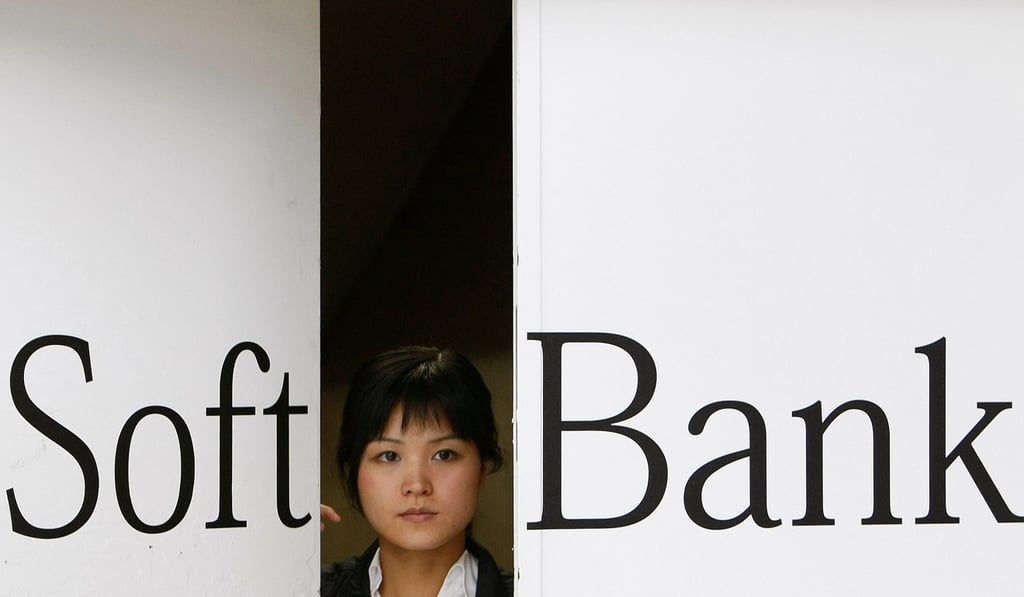SoftBank plan to list telecom unit raises doubts on US$33 billion bond guarantees
Market remains concerned about the broader company’s huge debt after making investments around the globe

SoftBank Group chairman and CEO Masayoshi Son’s plan to list his cash-cow Japanese telecom business is raising concern among observers that the company might stop guaranteeing the debt of its parent group, worsening the quality of its credit.
The mobile division of SoftBank assures payments to investors on US$33.4 billion in bonds of its parent, which is rated junk by Moody’s Investors Service and S&P Global Ratings, according to Bloomberg-compiled data.
The unit needs to prove its independence to get listed on the Tokyo Stock Exchange, meaning it probably would have to cancel the guarantees to pass the test, according to Japan Credit Rating Agency and Asahi Life Asset Management.
“It’s the mobile company that is generating cash flows, so its guarantees have been a source of a very strong sense of assurance” for bond investors, said Yoshihiro Nakatani, senior fund manager at Asahi Life Asset. “It would be a problem morally” if it cancelled them without negotiating with investors, he said.

The focus on SoftBank’s bond guarantees highlights how the market remains concerned about the broader company’s huge debt that it’s accumulated making investments around the globe.